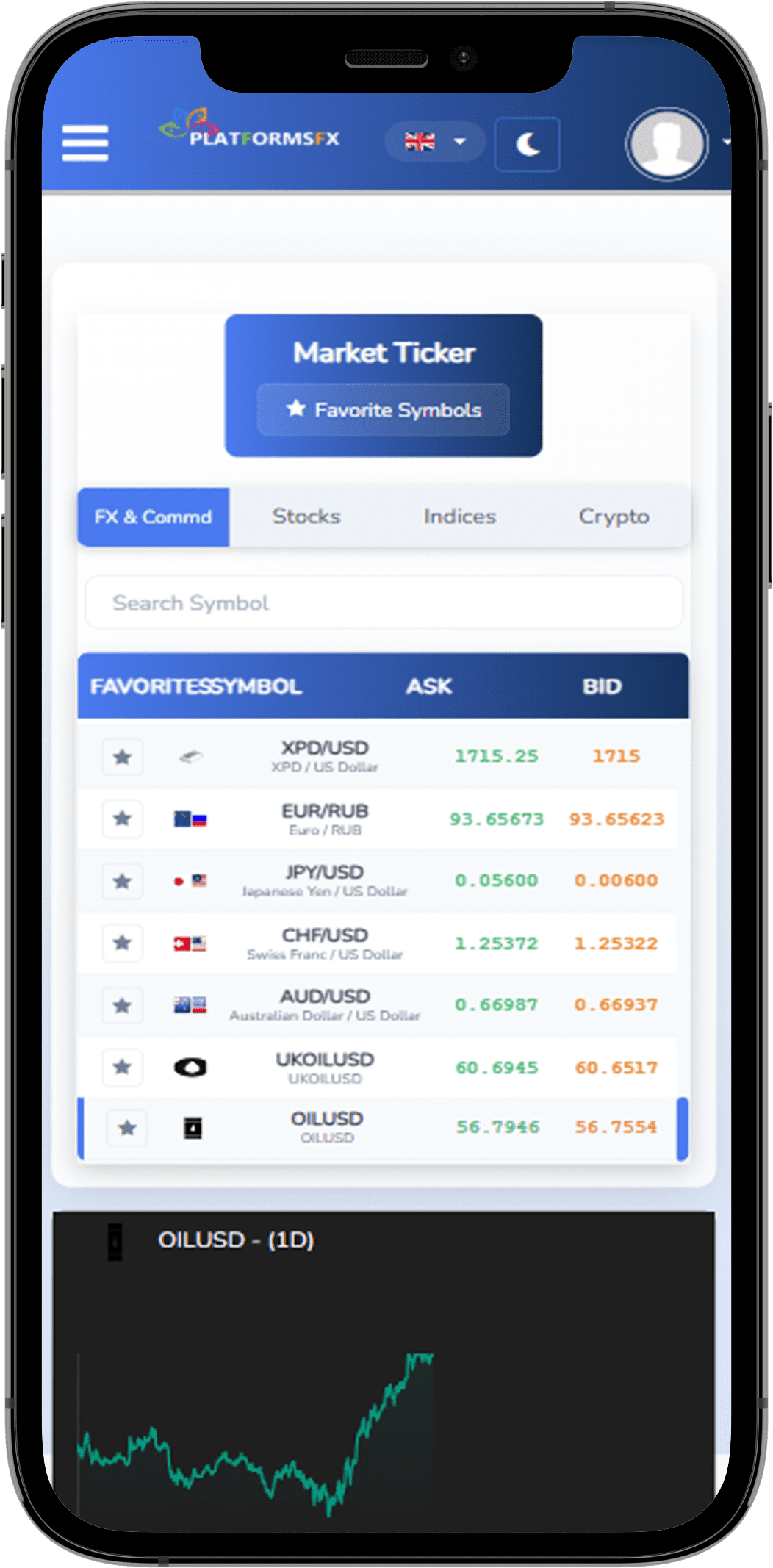Introduction
The foreign exchange (Forex) market is a global financial market where
currencies are traded. It is the largest and most liquid financial market in
the world, with a daily trading volume exceeding $6 trillion. Within this vast
marketplace, a diverse array of traders engages in currency trading. Each
type of trader has its own unique characteristics, strategies, and objectives.
In this article, we will explore the most important types of traders in the
Forex market.
Retail Traders
Retail traders are individual traders who participate in the Forex market for
personal investment or speculation. They trade through online platforms
provided by brokers. Retail traders often have limited capital compared to
institutional traders but can access leverage to amplify their trading power.
They engage in various trading styles, such as day trading, swing trading,
and long-term investing. Retail traders can be categorized as novices or
experienced, and they have a wide range of trading goals, from making a
supplementary income to achieving financial independence.
Institutional Traders
Institutional traders represent large financial institutions, including banks,
hedge funds, and asset management companies. These traders handle
significant volumes of currency transactions on behalf of their clients or for
proprietary trading. Institutional traders often use advanced algorithms,
high-frequency trading (HFT) strategies, and extensive research and analysis
to gain a competitive edge. They have the advantage of substantial
resources, but their trading is subject to strict regulations and oversight.
Central Banks
Central banks play a pivotal role in the Forex market. They engage in
currency trading to implement monetary policies and maintain price
stability in their respective countries. Central banks like the U.S. Federal
Reserve, the European Central Bank (ECB), and the Bank of Japan can
influence currency values through interventions, interest rate decisions, and
other policy tools. Their actions can have a profound impact on the Forex
market, making central bank traders some of the most influential
participants.
Commercial Businesses
Multinational corporations that conduct business across borders often
engage in Forex trading to manage currency risks. These businesses use the
Forex market to hedge against adverse currency movements that could
impact their profitability. For example, a U.S. company with operations in
Europe may use Forex trading to protect against fluctuations in the
EUR/USD exchange rate. Commercial traders aim to safeguard their
international revenues and expenses.
Algorithmic and High-Frequency Traders
Algorithmic traders, also known as algo traders, utilize automated trading
systems to execute a large number of orders at high speeds. They rely on
algorithms to identify trading opportunities and execute trades based on
predefined criteria. High-frequency traders (HFT) are a subset of algo
traders who place a significant number of orders in fractions of a second.
These traders leverage technology to capitalize on minor price disparities,
making quick and frequent trades.
Carry Traders
Carry traders focus on profiting from the interest rate differentials between
two currencies. They borrow money in a currency with a low-interest rate
and invest it in a currency with a higher interest rate, earning the difference
as profit. The success of carry trading depends on the interest rate
differentials, currency stability, and economic conditions of the countries
involved.
Conclusion
The Forex market accommodates a diverse range of traders, each with
unique objectives, strategies, and resources. From retail traders looking to
build personal wealth to central banks shaping national economies, the
Forex market is a dynamic and multifaceted arena. Understanding the
various types of traders is crucial for anyone looking to enter this complex
and exciting world of currency trading. Whether you’re an individual
investor, a financial institution, or a central bank, the Forex market offers
ample opportunities for participants to achieve their financial goals.




